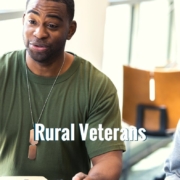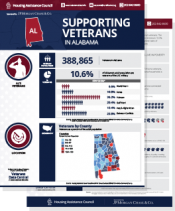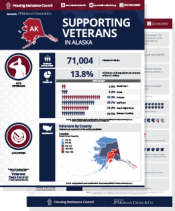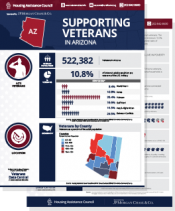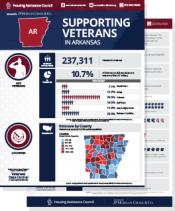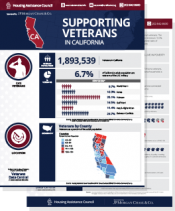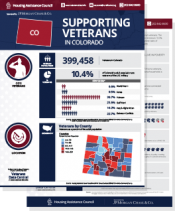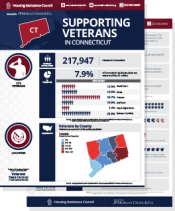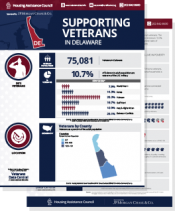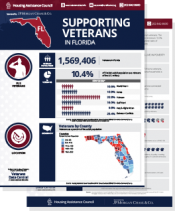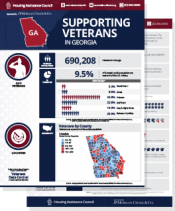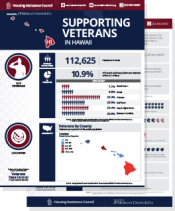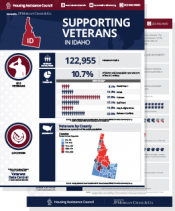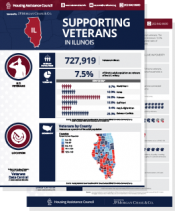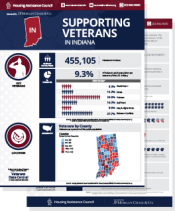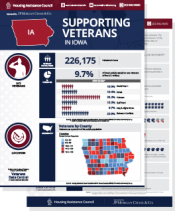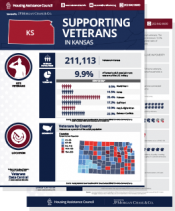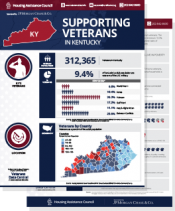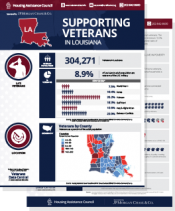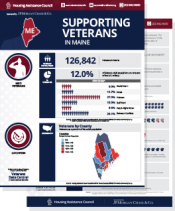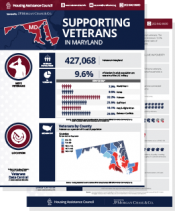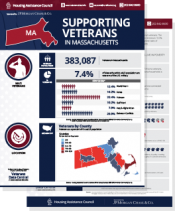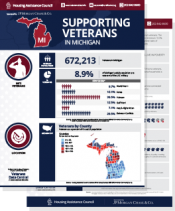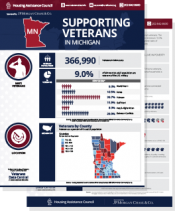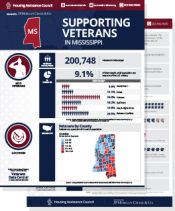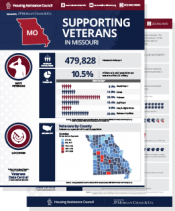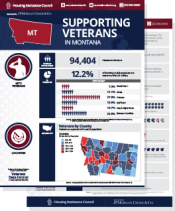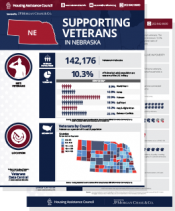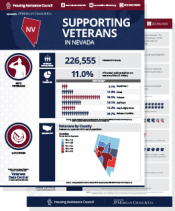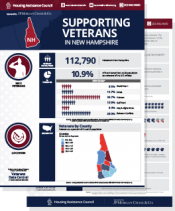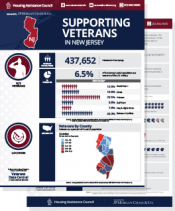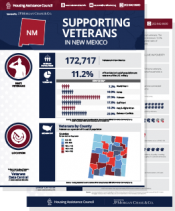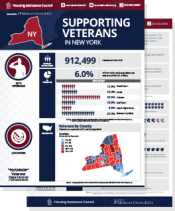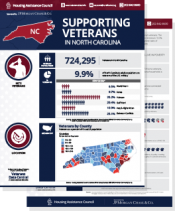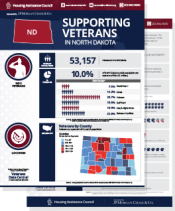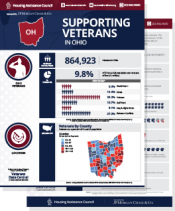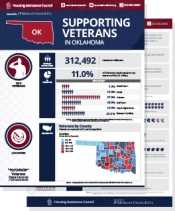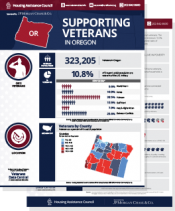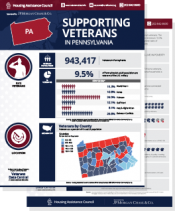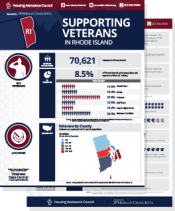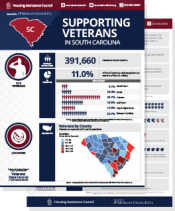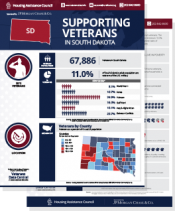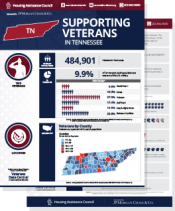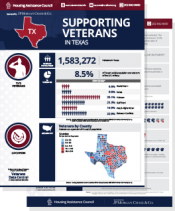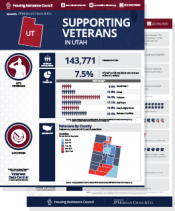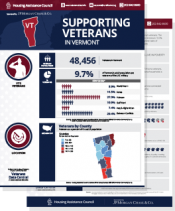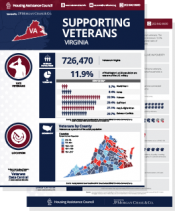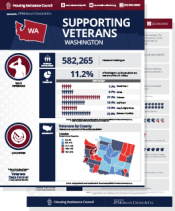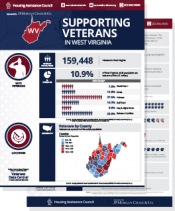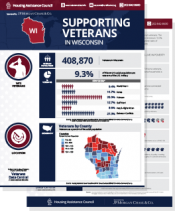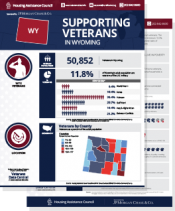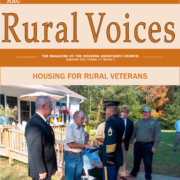Empowering Veterans Through Collaborative Housing Initiatives: Insights from the 2023 National Rural Housing Conference
The Housing Assistance Council (HAC) is dedicated to supporting those who have answered the highest call of service to our nation. Our Affordable Housing for Rural Veterans (AHRV) Initiative aids local nonprofit housing organizations in improving housing conditions for veterans in their communities with support from The Home Depot Foundation. The brick-and-mortar projects that AHRV funds provide critical home repair, rehab, and construction for low-income, elderly, homeless, and/or disabled veterans. All this support is tailored to meet the specific needs of veterans in each community. At HAC’s 2023 National Rural Housing Conference, the Veterans Stakeholder Meeting convened practitioners from around the country to share ideas and best practices. The centerpiece of the meeting was a series of presentations from a panel that included: Housing organizations from across the country benefited from hearing detailed presentations on housing efforts and gained insights on how organizations can work to better support veterans. Here are four key takeaways from the meeting:
The National Rural Housing Conference brought together practitioners from across the country. By sharing ideas as broad as the importance of partnership and as specific as the nitty-gritty of how a question is asked, these leaders learned lessons they can put into practice in their communities. As each community tailors these best practices to meet the specific needs of their veterans, HAC and The Home Depot Foundation will be there, supporting the local initiatives that bring us one step closer to a nation in which all veterans can have a healthy, accessible, and affordable place to call home.

